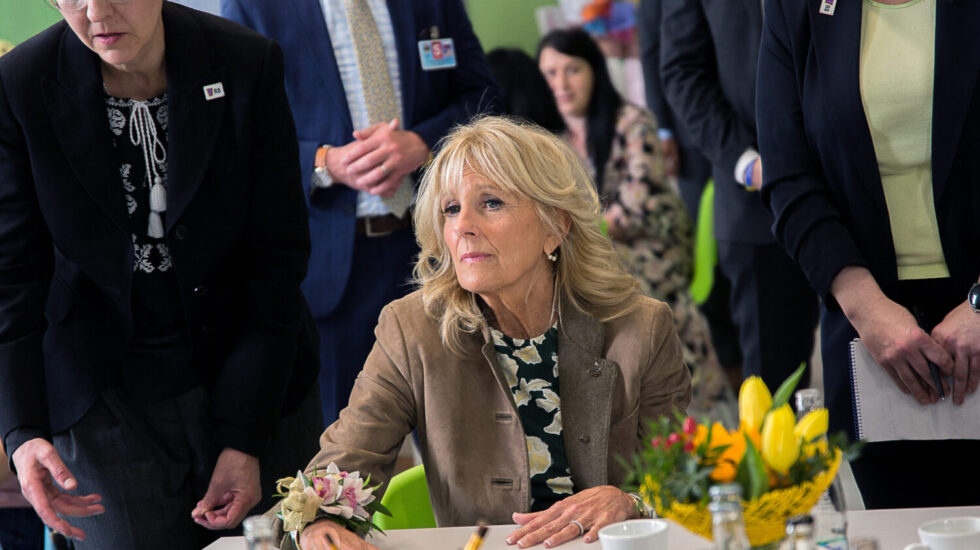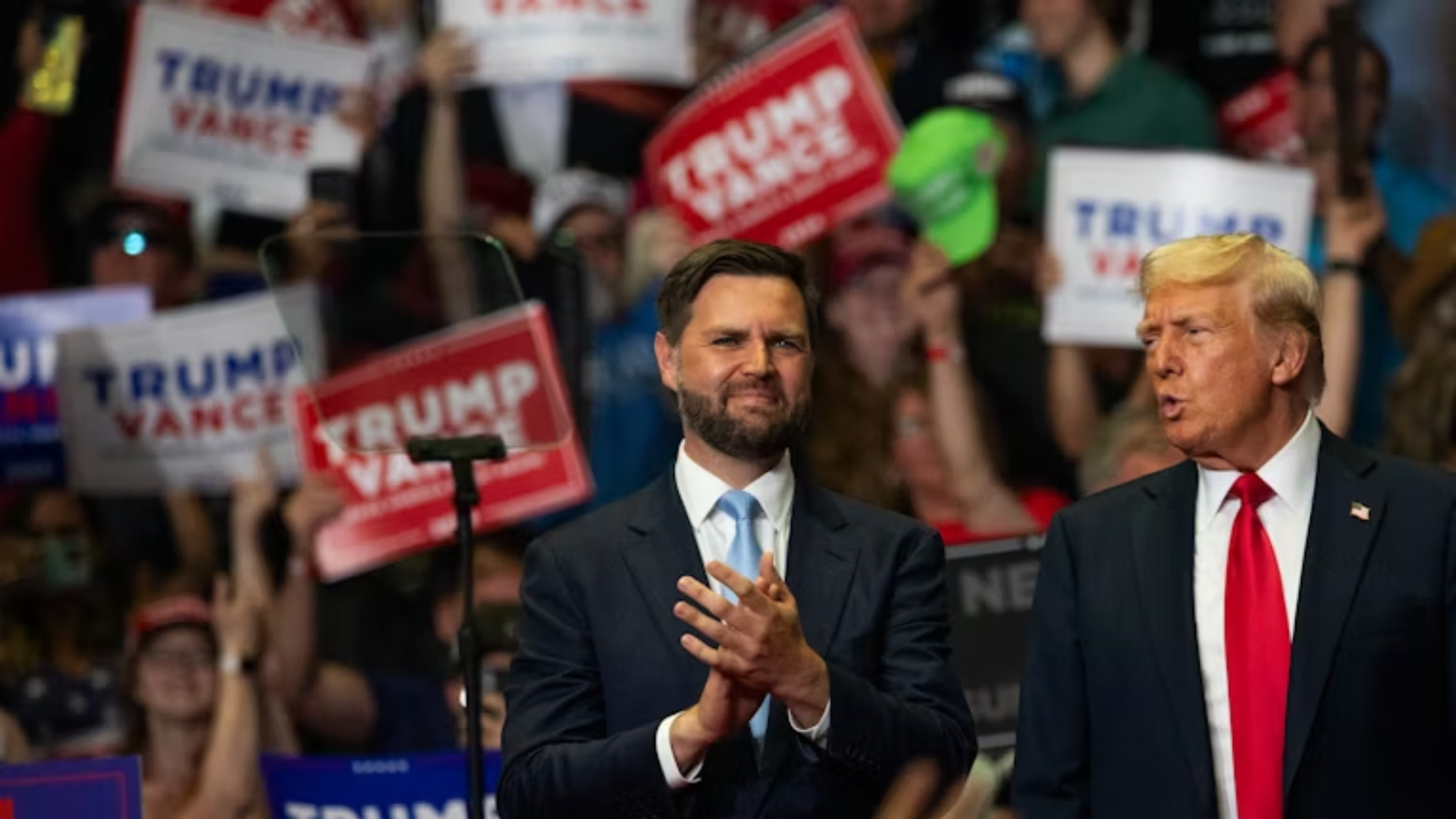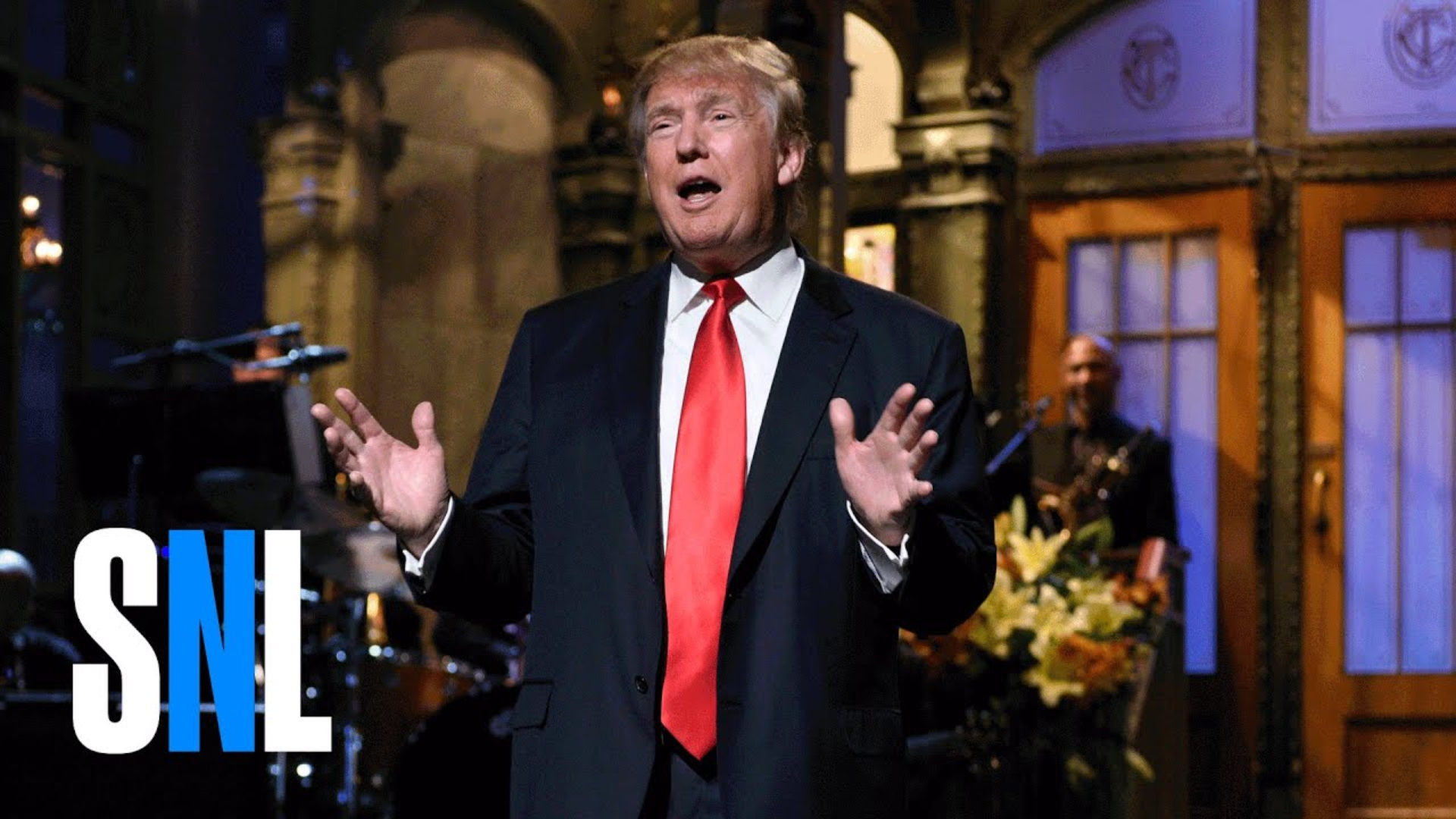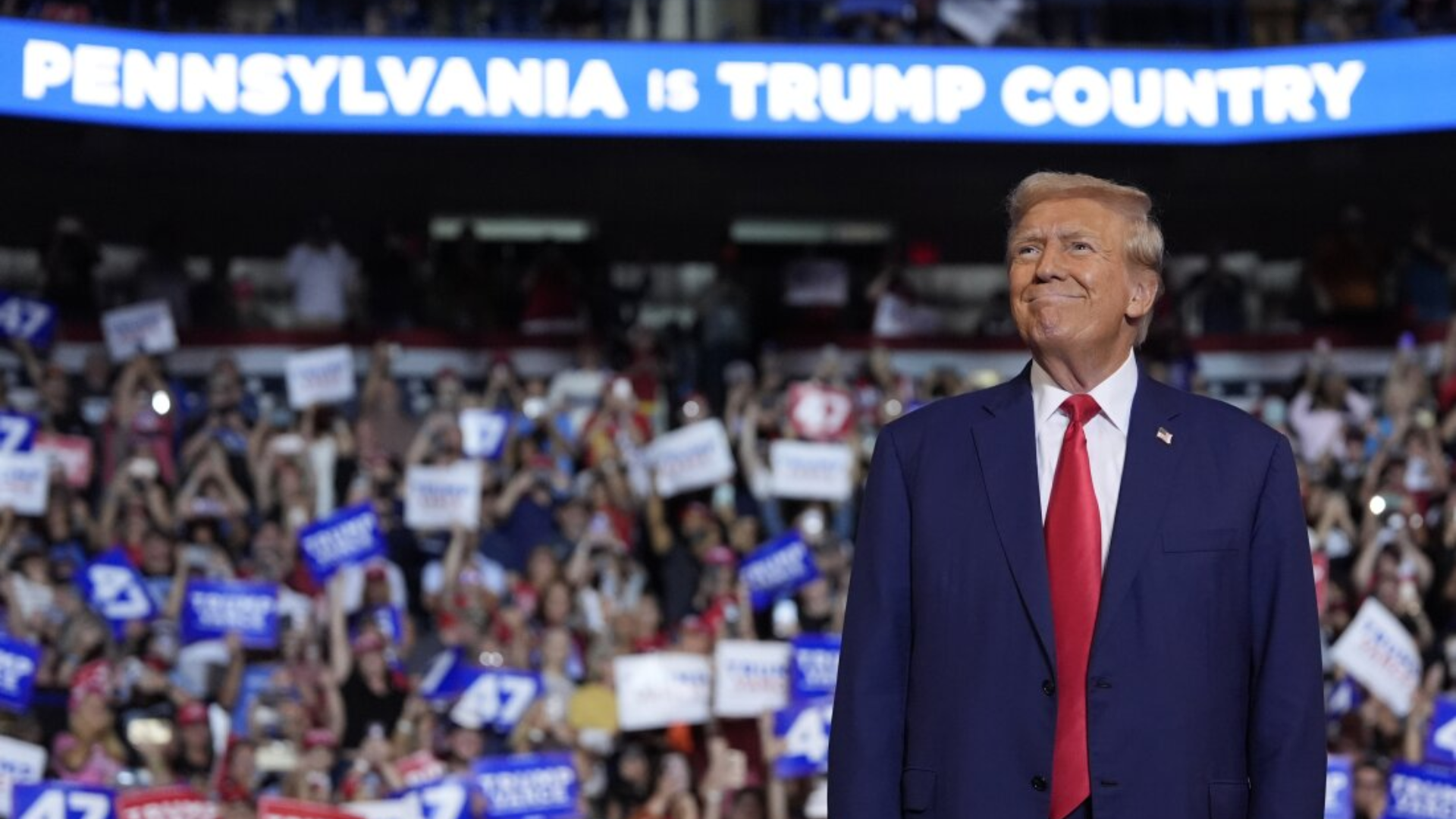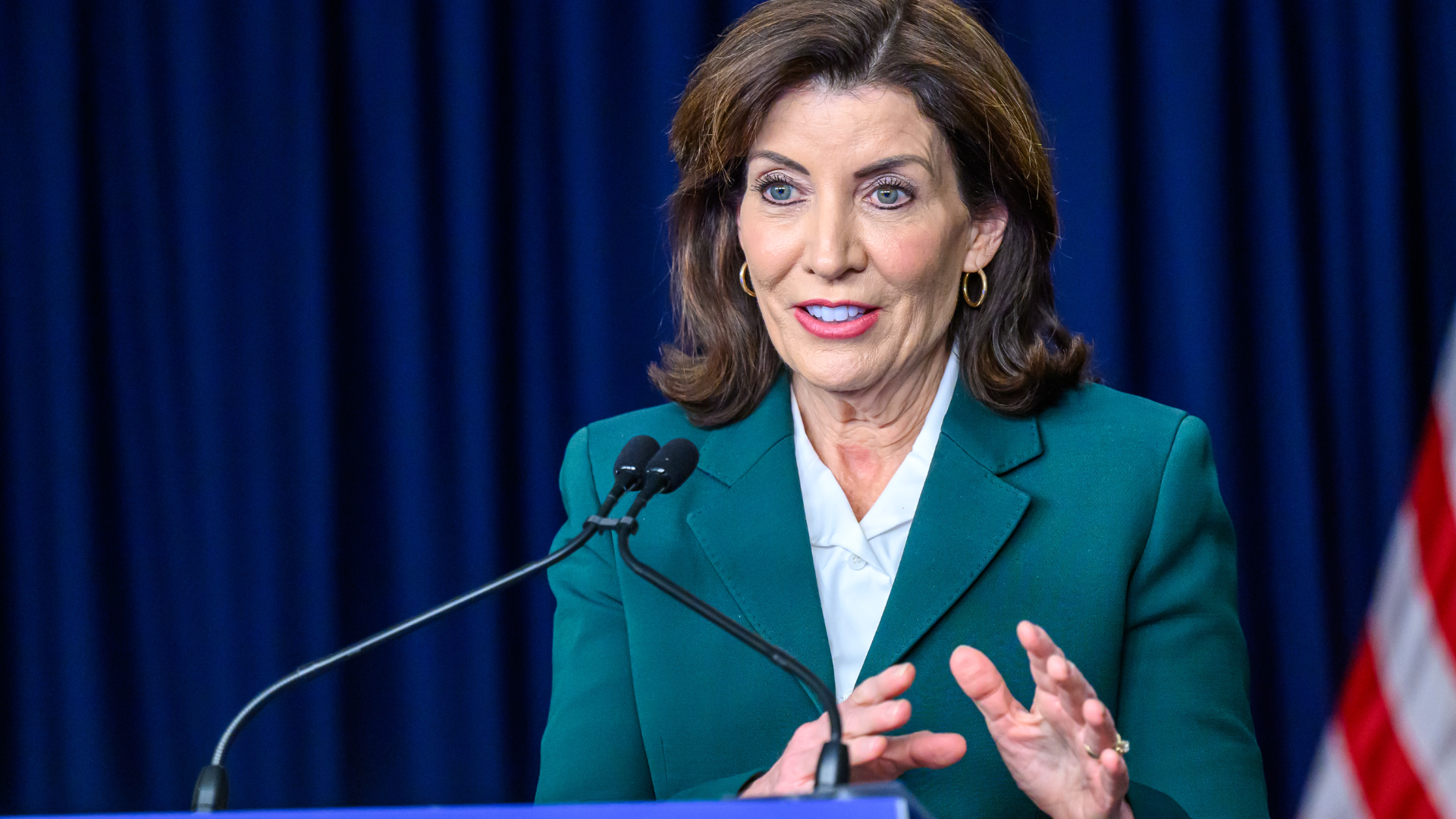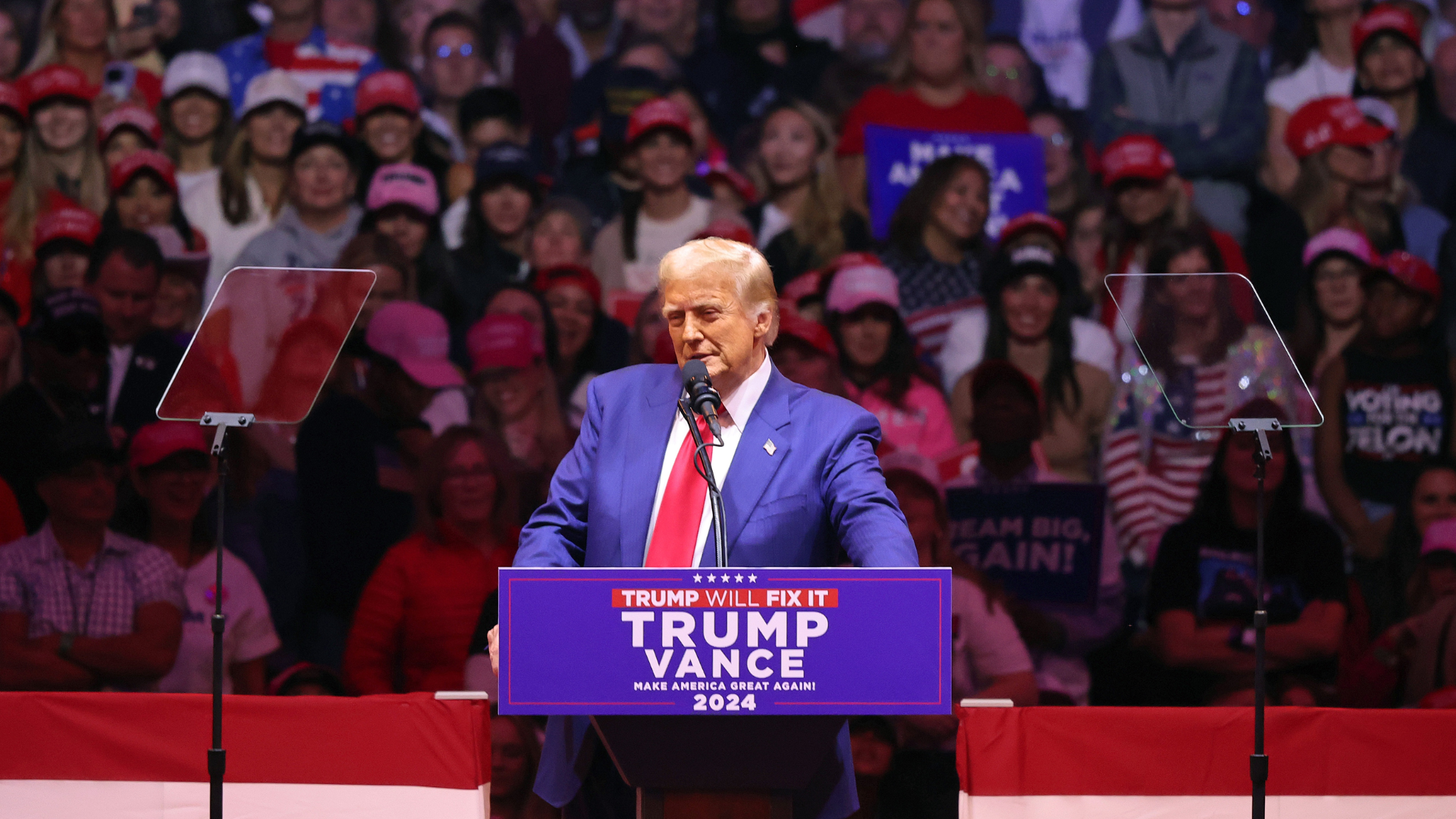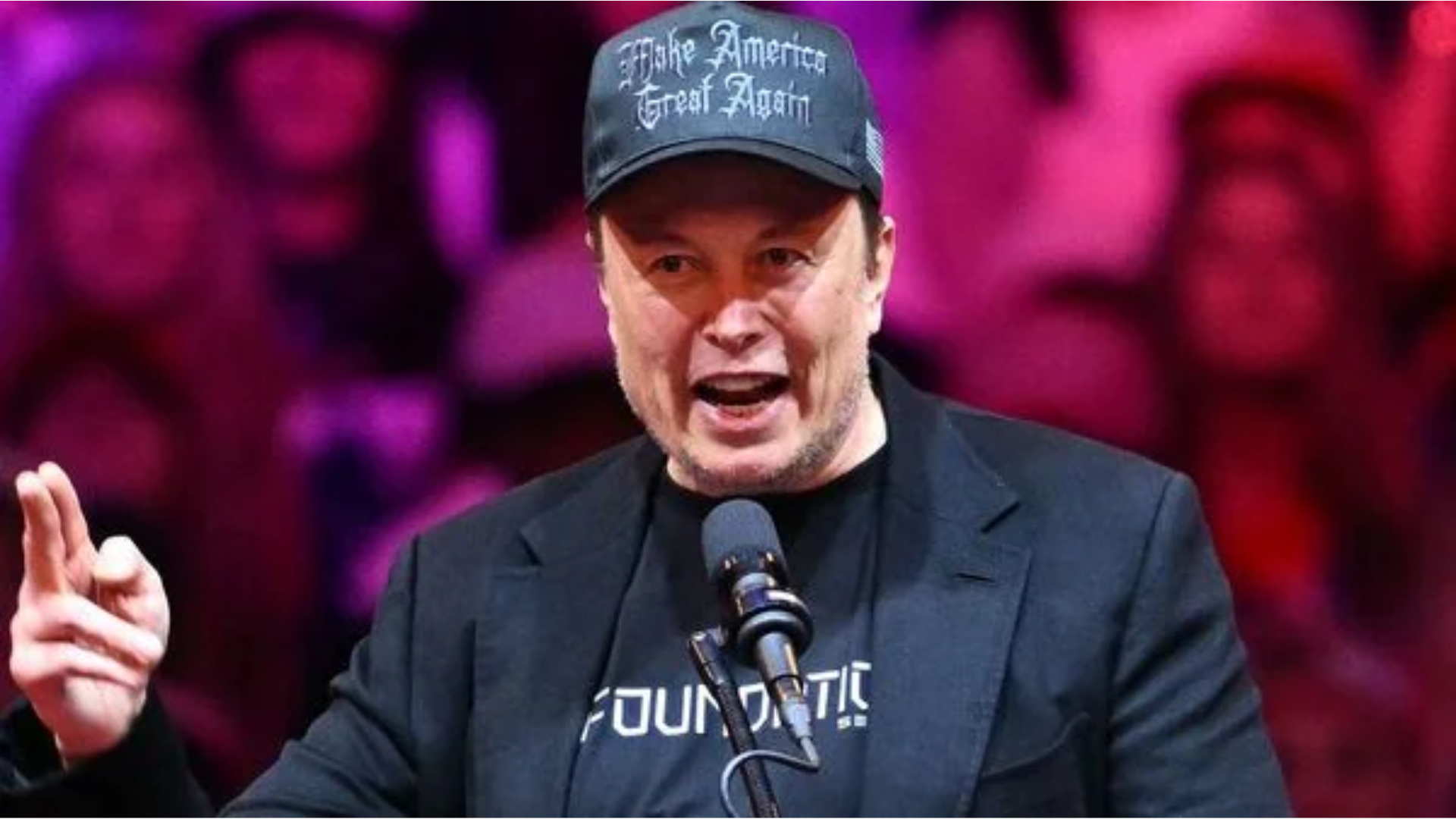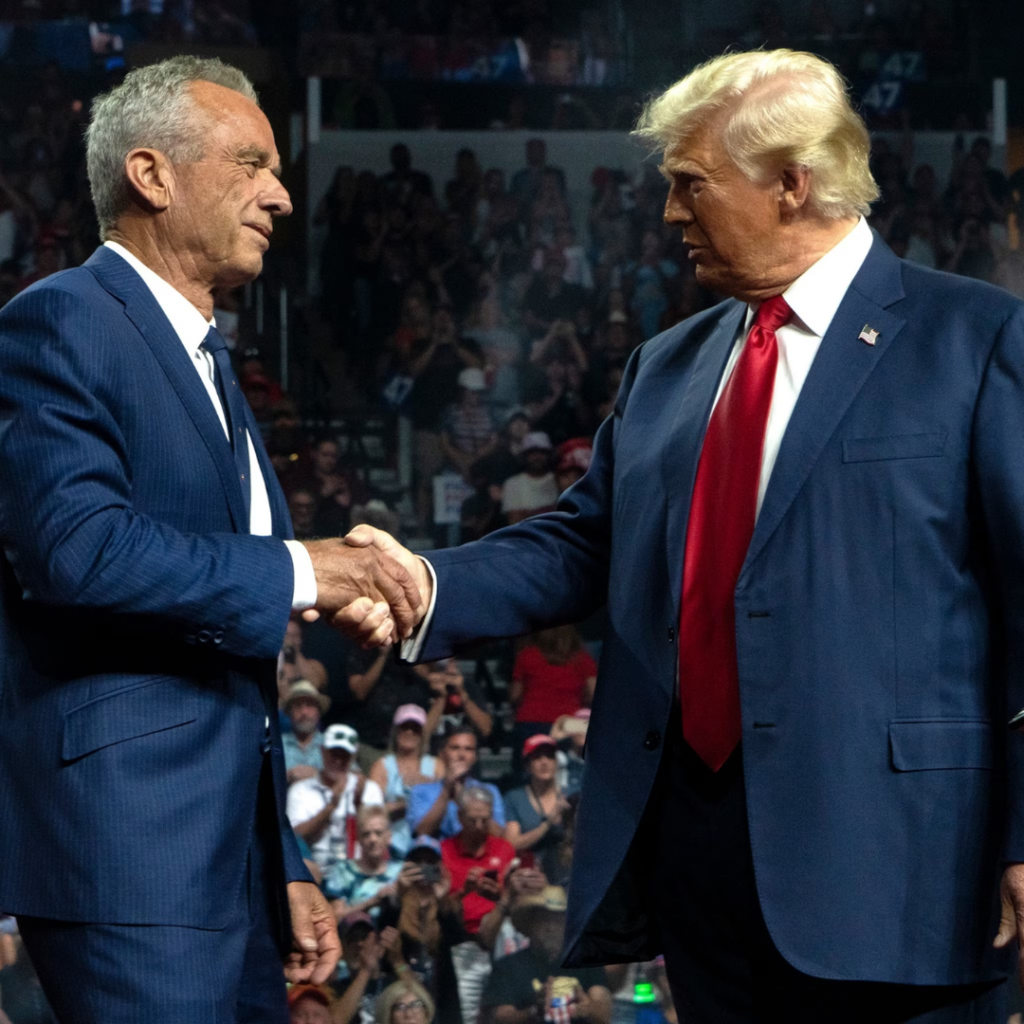
Robert F. Kennedy Jr., a well-known critic of mainstream health policy and a recent supporter of Donald Trump’s 2024 campaign, could play a significant role in reshaping the U.S. health and agriculture departments if Trump is re-elected.
Trump has reportedly promised Kennedy substantial freedom to pursue his ideas, allowing him to “go wild” in reshaping the Department of Health and Human Services (HHS) and the U.S. Department of Agriculture (USDA). This potential role aligns with Kennedy’s longstanding critiques of health agencies, which he argues are compromised by corporate interests.
Kennedy has frequently voiced concerns about vaccine safety, claiming that agencies like the FDA and the Centers for Disease Control and Prevention (CDC) are “captured” by pharmaceutical companies. He argues that these agencies have lost their objectivity, prioritizing corporate profits over public health.
This stance has won him both support and criticism, but it has also made him a unique figure in Trump’s circle, appealing to both vaccine skeptics and those wary of government influence in healthcare.
In recent statements, Kennedy outlined a plan to drastically reform the HHS if given the opportunity. His proposals include intensifying safety testing on vaccines and reducing funding for programs he deems to be overly influenced by pharmaceutical interests.
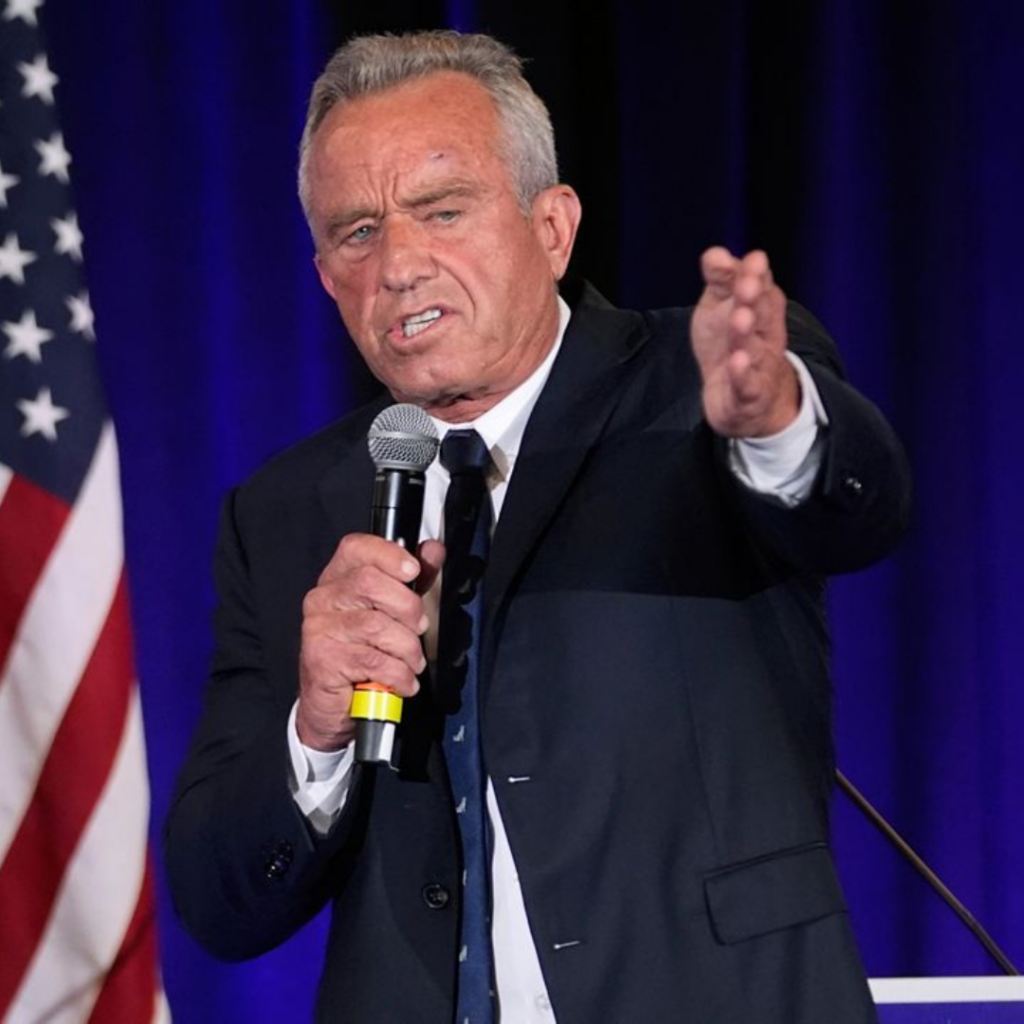
He has argued that mandatory vaccine schedules need re-evaluation and has suggested that environmental factors, rather than infections alone, are often responsible for public health crises. These views resonate with certain segments of Trump’s base, who see Kennedy’s skepticism of health institutions as aligning with broader anti-establishment views.
Trump’s willingness to let Kennedy influence health policy reflects a broader strategy to disrupt Washington’s traditional power structures. Known for favoring deregulation, Trump has repeatedly criticized what he calls the “deep state” within federal agencies.
By placing Kennedy in a role where he could make significant changes to health and agricultural policies, Trump is signaling an intent to reshape these institutions fundamentally. The proposed plan would likely involve dismissing certain officials and scientists, particularly those Kennedy has criticized for their focus on infectious disease management over environmental factors.
This proposed overhaul of HHS and USDA under Kennedy could impact numerous programs, from public vaccination campaigns to food safety regulations. For instance, Kennedy has suggested a greater focus on organic and sustainable farming practices, reducing the use of genetically modified organisms (GMOs) and pesticides.
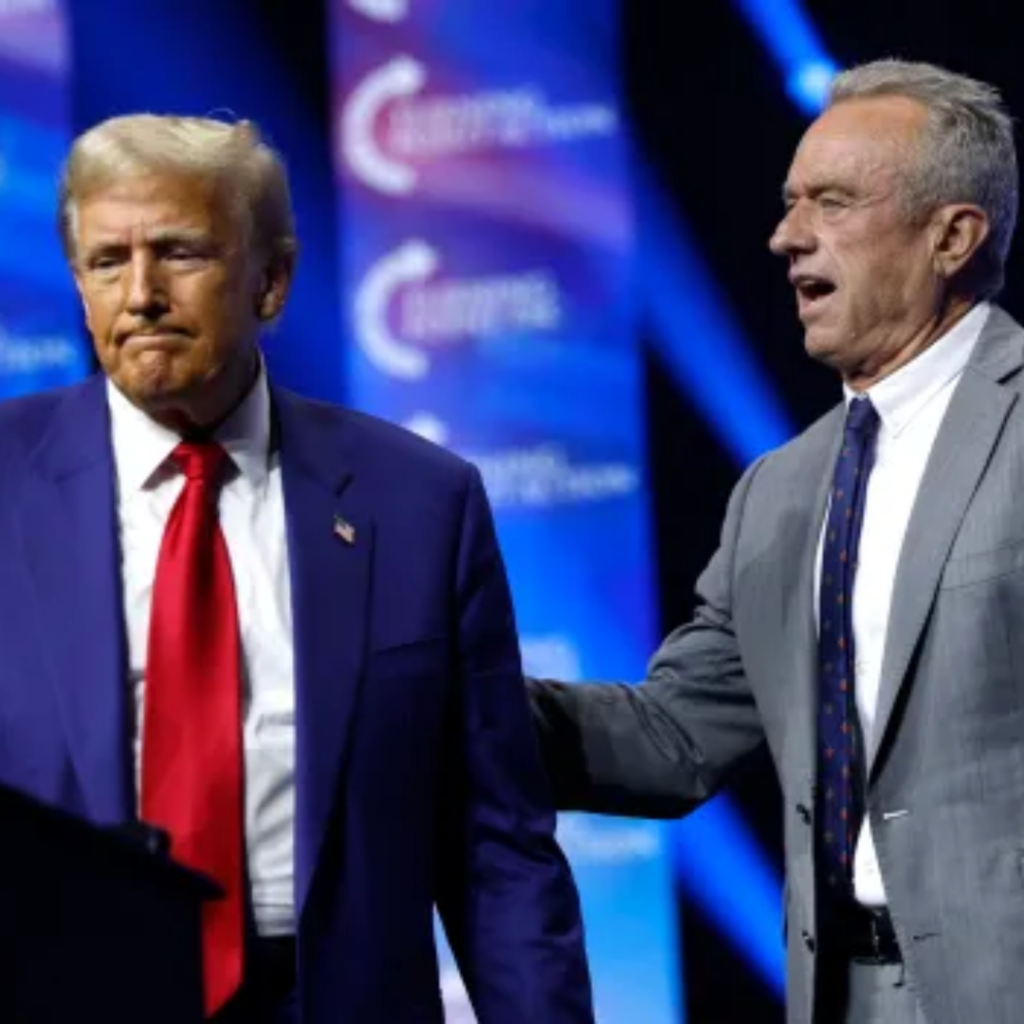
This would mark a shift from current USDA policies that support large-scale, industrial farming practices.
Critics argue that Kennedy’s ideas could pose risks to public health, particularly if they lead to reduced vaccination rates. Health experts caution that his stance on vaccines could result in outbreaks of preventable diseases, especially among children.
However, supporters believe Kennedy’s approach would provide greater transparency and accountability within federal health agencies, especially around issues where corporate influence is suspected.
The potential partnership between Trump and Kennedy highlights the complex alliances forming ahead of the 2024 election. While Kennedy, an environmental advocate, traditionally aligned with Democratic values, his criticism of government agencies has drawn him closer to Trump.
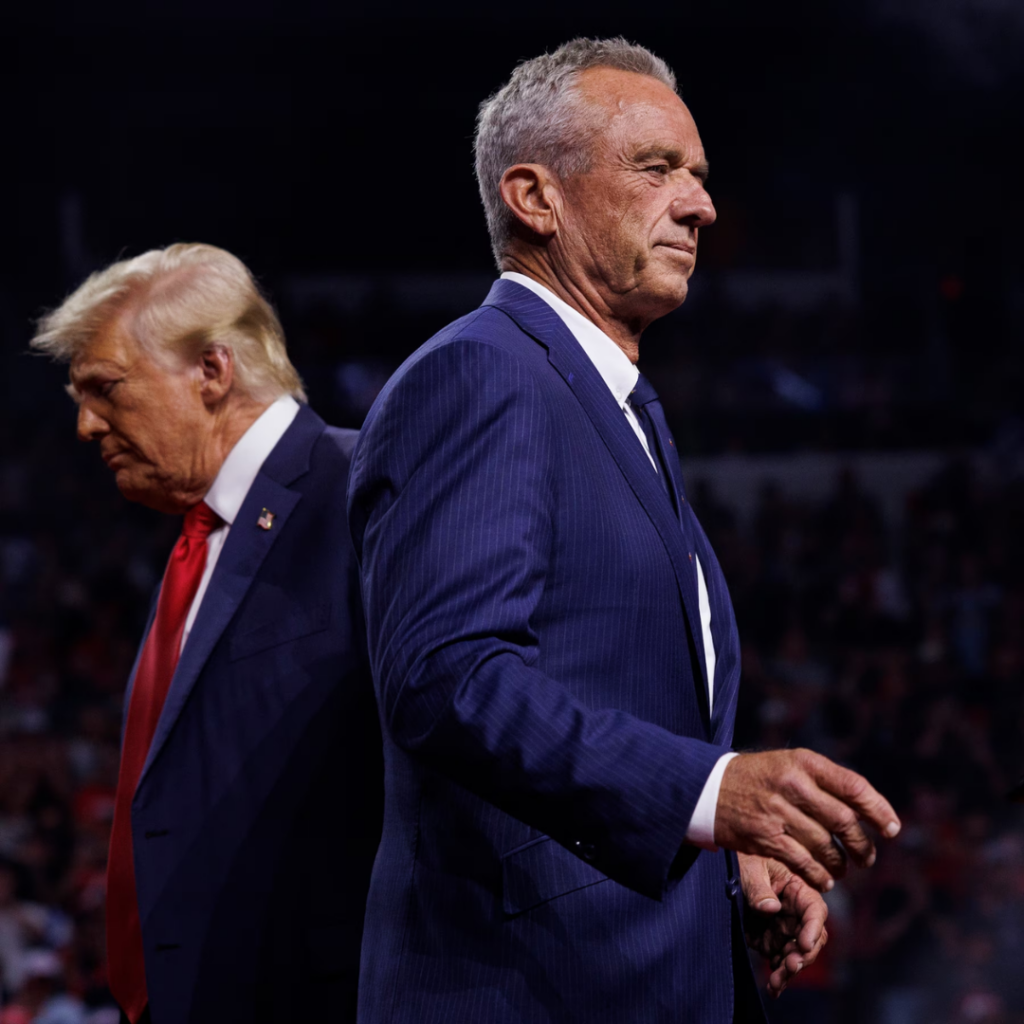
This collaboration could appeal to voters disillusioned with traditional health policies and who view government agencies with skepticism.
If Trump secures the presidency and grants Kennedy significant power over health policy, the U.S. may see sweeping changes in its approach to public health, with a greater emphasis on corporate accountability and skepticism of vaccine mandates.
This proposed restructuring aligns with Trump’s broader agenda of reducing federal oversight and emphasizes Kennedy’s unique position as a non-traditional ally in Trump’s campaign for re-election.
